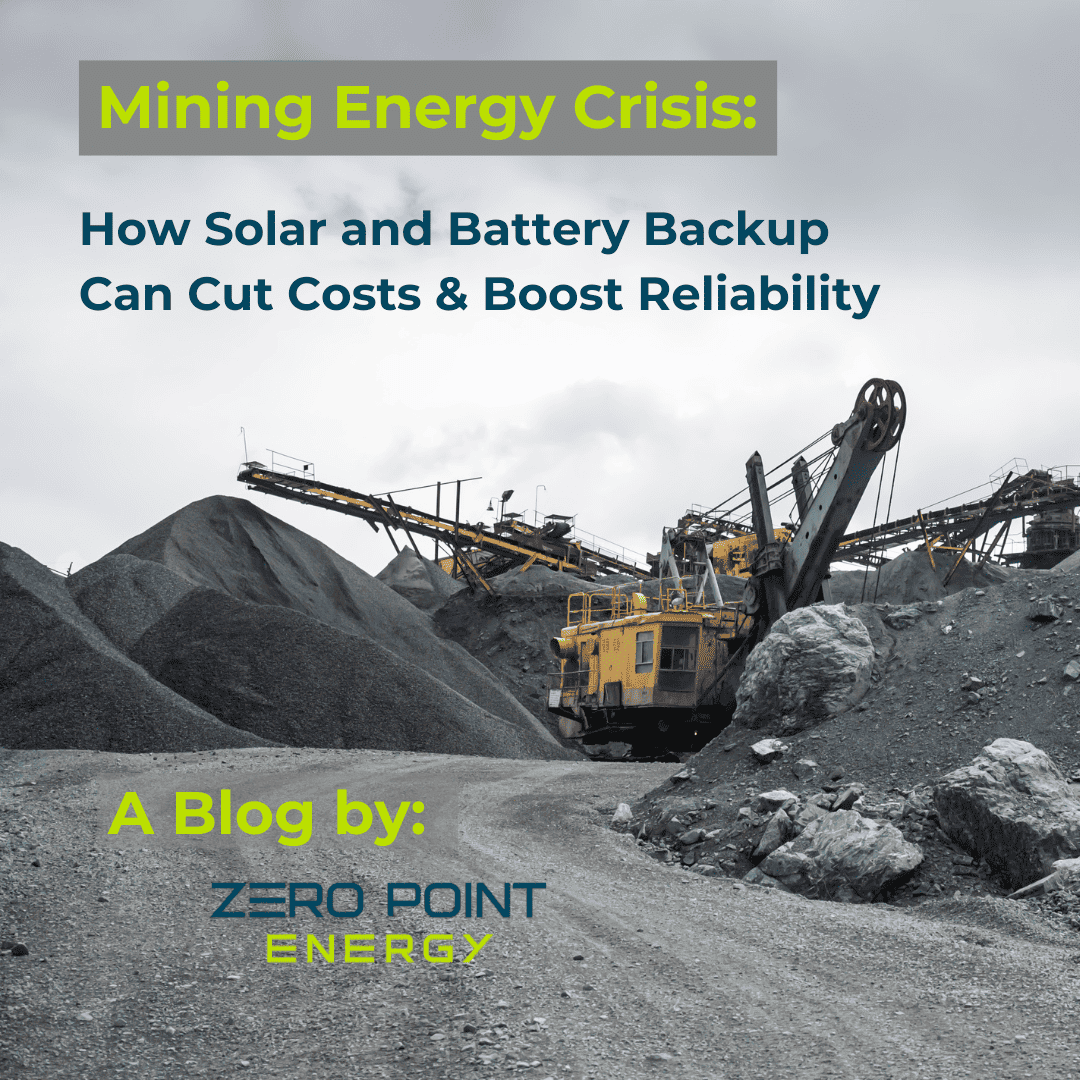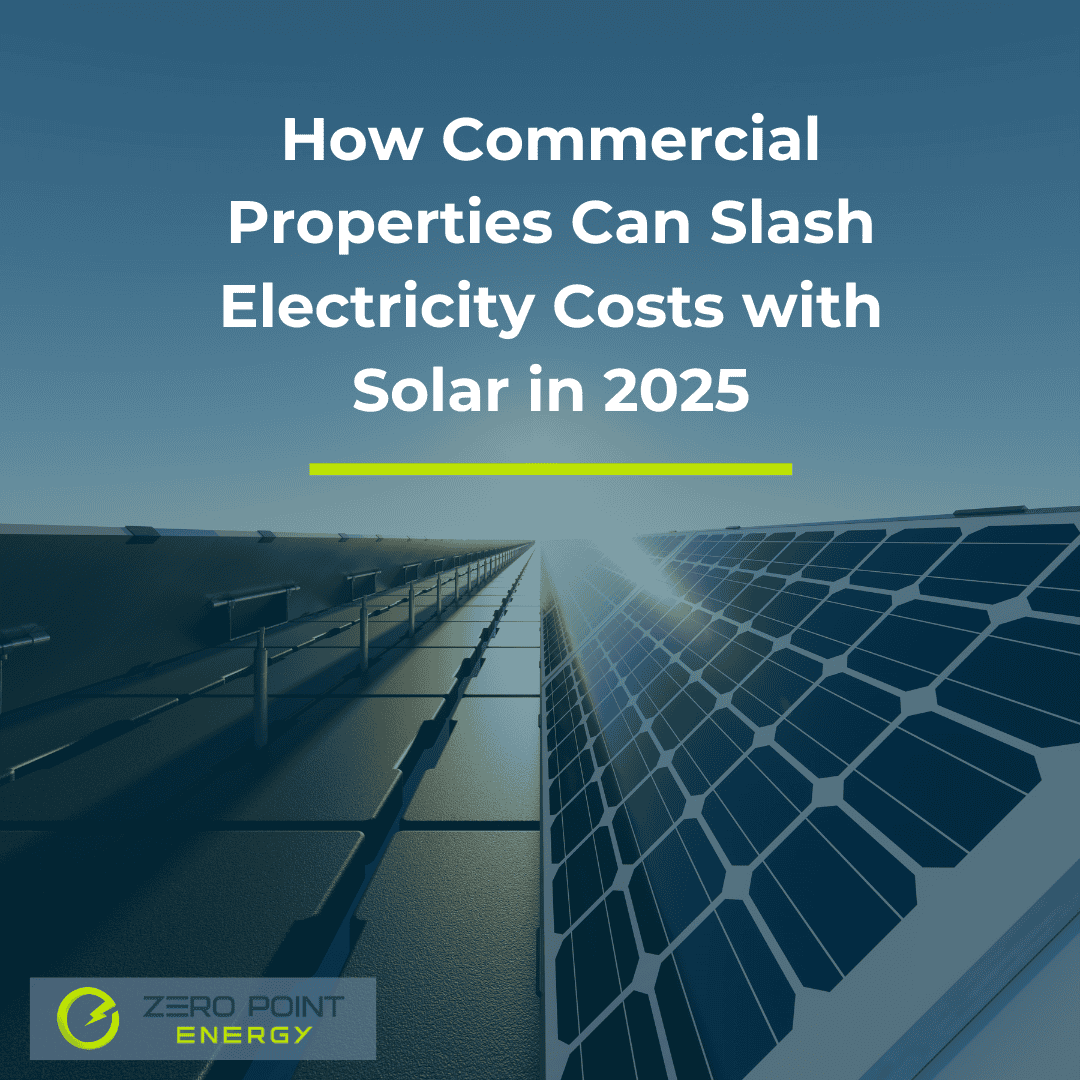
How can we save energy, jobs and costs in Southern Africa post COVID-19?
The current COVID-19 global pandemic will have far-reaching effects on economies and livelihoods all over the world for a long time to come. As South Africa gradually enters a post-lockdown period, bold and drastically different solutions will be needed to reboot the economy. The power supply challenges of yesterday are not yet behind us, and a shift is required in how we approach power generation and renewable energy. Various sustainability projects can be implemented at a national, local, commercial, and residential level to ease some of the current burdens on resources as we move into a post-COVID-19 South Africa.

Source: Center for Global Development
Impact of the Pandemic
The novel coronavirus has affected the entire nation, with thousands already infected by the disease. The government, aided by the health sector, is doing all that it can to contain the virus. Measures such as a national lockdown and social distancing, while necessary, make it anything but business as usual.
Looking at the economic impact of the crisis, millions have been affected as their livelihoods were forced to a grinding halt. Many people are now working from home, but for many others, this is not an option. Job layoffs and a rising unemployment rate both during and after the lockdown are expected, with an estimated 1.5 million South African jobs at risk.
For many companies and industries, the crisis has led to a slow-down in output, financial constraints, and business continuity challenges. On the power generation front, a decrease in electricity demand of 7 500MW- 9 000MW during the lockdown period, means that Eskom has been able to provide uninterrupted power. The national power utility has also indicated they are using the opportunity to conduct important maintenance work to its infrastructure. That said, once industries fully resume their operations, the challenge of insufficient power production will once again impact the nation—a nation trying to find its feet after this unprecedented health and economic crisis.
Solutions from Sustainability Projects
Implementing small and large scale sustainability projects could be one way to boost economic recovery and build resilience. These projects span across solar power generation, water efficiency, and other renewable energy deployments.
The International Renewable Energy Agency believes that investments in renewable energy could not only address the climate change dilemma but yield significant economic benefits that could also play a part in the transition to a post-COVID-19 economy.
According to the agency’s director, Francesco La Camera:
In the next sections, some of the specific solutions we can expect from sustainability initiatives are explored in further depth.
Local Employment Creation
Many people have lost their jobs due to the pandemic and national lockdown. There’s no telling how many jobs will be resumed as things slowly move back to normal. The disease outbreak has also accelerated the use of technology and automation as a further unintended consequence. This, too, could lead to permanent job losses.
The renewable energy industry in South Africa is still relatively new. There is a tremendous opportunity for growth and investment. The country has a very high solar power capacity. The Department of Energy and Renewable Energy Independent Power Producers (REIPPs) are already in the process of rolling out 27 renewable energy independent power producer projects. These include solar farms as well as wind farms. Therefore, sustainability projects open many new job opportunities for people who have lost their livelihoods to transition into and acquire the required skills and training.

Source: Environmental News South Africa
Localised Energy Production
Once power demand returns to normal levels, the national grid will once again be under a lot of pressure. Localised power generation allows businesses and residences to have some degree of self-reliance. Solar PV solutions are perfectly suited to power daytime consumption of businesses, and even powering evening loads with the aid of battery power storage. This independence from the main power supplier allows businesses and individuals to carry on their operations even in the middle of power shortages, lockdowns, and other unforeseen challenges.
There is another crucial benefit to localized power generation. As this industry grows and import bottlenecks and foreign exchange pressures weigh in, there will be greater emphasis placed on local equipment manufacturing. This will reduce our reliance on imports, boost local industry, and create local jobs. All these factors will give the economy some much-needed stimulation. For this long-term vision to be a reality, a combined effort is required from all sectors, including research and development partners, technology hubs, and government, whose support will be key.
Cost Saving and Financial Benefits
Solar PV, energy efficiency, and other related alternate energy projects have proven high returns on investment. More than ever, in the current COVID-19 economic climate, investing in solar PV is sure to beat any current money market or equities investments in the short to medium-term. These investments pay for themselves in a few years, and the electricity generated is cheaper and cleaner. There are also additional savings for businesses and residences because of the minimal operational expenses, which free up much-needed cash for other running costs, both now and in the long-term.
Environmental Benefits

Source: Biz Community
Sustainability is all about balancing resources with current needs in a manner that does not negatively impact future generations. This happens on an environmental level, but also has economic and social ramifications.
Solar power is a valuable renewable source of energy, which we are yet to maximize fully. The alternatives, such as coal and oil, release harmful emissions into the environment. Besides solar, other renewable sources of energy are wind and water.
While global industrial production has declined in many sectors in the last few months, pollution and industrial emissions are likely to have also gone down. This has provided an opportunity to reflect on the impact human beings have on the earth and how we can change our ways, moving forward.
Another aspect of sustainability is managing current resources. Water efficiency measures can stop huge water losses at all levels. All these sustainability projects aim to find alternatives solutions and strategies to minimize man’s impact on the environment.
Conclusion
While it won’t be an easy road to navigate a post-COVID-19 South Africa, the government, private sector, and individuals can look to sustainability projects to provide some real, long-lasting solutions. Now is the time to invest in infrastructure and systems that can withstand power supply fluctuations, boost the local economy, create jobs, all while reducing the adverse effects on the environment.
Contact Us
Feel free to contact us to see how best we can offer our sustainability engineering expertise to help you:
+27605218388 | info@enroute.xerus.co.za | @zeropointSA | www.zpenergy.co.za
Zero Point Energy (Pty) Ltd is a proudly South African sustainable engineering company that provides professional engineering consulting & turn-key solutions in the areas of energy efficiency, renewable energy, off-grid and energy storage solutions, water efficiency and responsible waste management. The company is a 100% black youth-owned, 30% black female-owned company achieving a Level 1 BBBEE Contributor status, and has a passion to transform the energy industry without compromising on safety, quality and client satisfaction. Learn more about the company’s team here


